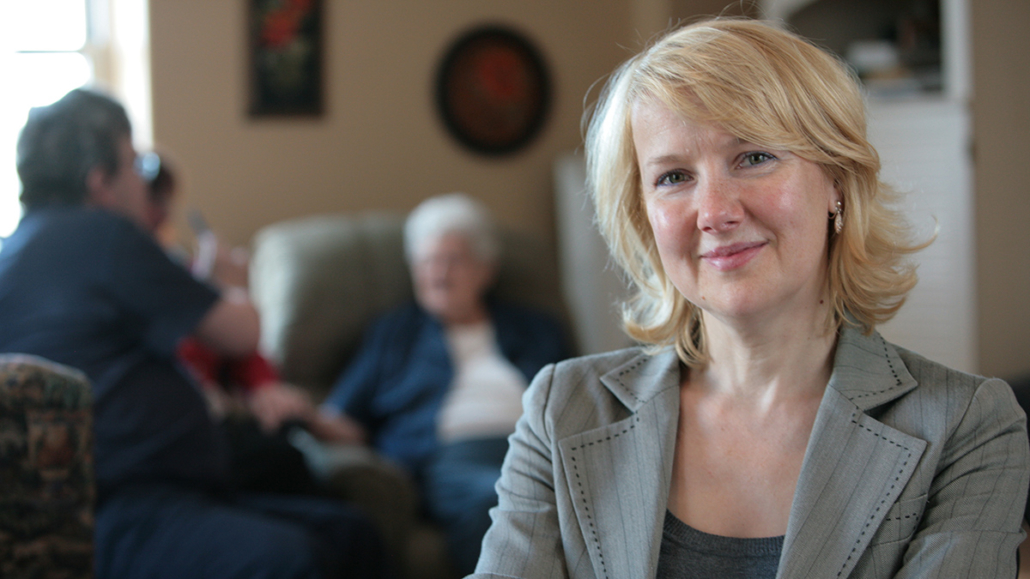ACT is pleased to announce the recipients of the ACT Student Bursaries, which are awarded annually to students enrolled in master’s or doctoral programs in ACT partner universities, and who are conducting research on the intersections of ageing, communication and technologies as part of their thesis projects.
Sarit Okun is a doctoral student in the Department of Communication Studies at Ben-Gurion University of the Negev, Israel, working under the supervision of Galit Nimrod. She was born on a religious kibbutz to the south of Israel, and raised in an orthodox Jewish society that observes a Torah and Halacha. Thus, the religious environment has always been a significant and central part of her way of life. Okun’s current research, entitled “Online Spirituality in Later Life,” seeks to understand whether and how online religious activity contributes to the lives of seniors. For this study, a Participatory Action Research (PAR) program with 26 religious elders is being conducted, with plans to share the results in a new website built for the purposes of the study. As Okun writes:
“I believe that PAR with an adult group is an excellent way to learn deeply about the positive and negative contribution of online religion to the older population. I wish to take this opportunity to thank ACT wholeheartedly for the award, and hope that my research will be useful and will help theoretical and practical aspects of ACT research.”
The other recipient of the student bursary is Karine Bellerive. Bellerive is a doctoral student in the Department of Communication at the Université de Montréal, under the supervision of Line Grenier. She is particularly interested in self-writing practices and their value as modes of knowledge production, as well as issues related to memory and ageing. Her thesis project is entitled, Exploration de la force performative des écritures de soi-s par une recherche-création féministe : vieillissements et devenirs (roughly translating as Exploration of the performative strength of self-writing through a feminist research creation project: aging and becoming). She explores writing through writing, and questions what can emerge from self-writing processes. Karine is also a lecturer in the Department of Letters and Communications at the Université de Sherbrooke, where she has been teaching theories of communication and writing since 2008, and where she has been involved in various educational committees. As Bellerive reflects, “I would like to say that it is an honour for me to have been awarded this scholarship and to formally integrate the ACT research group, whose projects and mission are really inspiring. I hope that my contribution will be as inspiring for the other members”.


 ACT is pleased to announce the release of the
ACT is pleased to announce the release of the